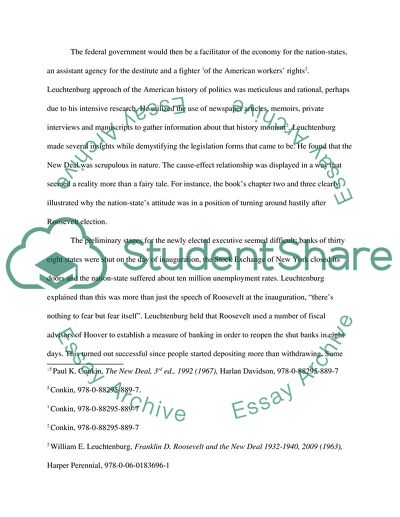Cite this document
(“By Paul K. Conklin - The New Deal Book Report/Review - 1”, n.d.)
By Paul K. Conklin - The New Deal Book Report/Review - 1. Retrieved from https://studentshare.org/history/1864659-by-paul-k-conklin-the-new-deal-3rd-third-edition
By Paul K. Conklin - The New Deal Book Report/Review - 1. Retrieved from https://studentshare.org/history/1864659-by-paul-k-conklin-the-new-deal-3rd-third-edition
(By Paul K. Conklin - The New Deal Book Report/Review - 1)
By Paul K. Conklin - The New Deal Book Report/Review - 1. https://studentshare.org/history/1864659-by-paul-k-conklin-the-new-deal-3rd-third-edition.
By Paul K. Conklin - The New Deal Book Report/Review - 1. https://studentshare.org/history/1864659-by-paul-k-conklin-the-new-deal-3rd-third-edition.
“By Paul K. Conklin - The New Deal Book Report/Review - 1”, n.d. https://studentshare.org/history/1864659-by-paul-k-conklin-the-new-deal-3rd-third-edition.


